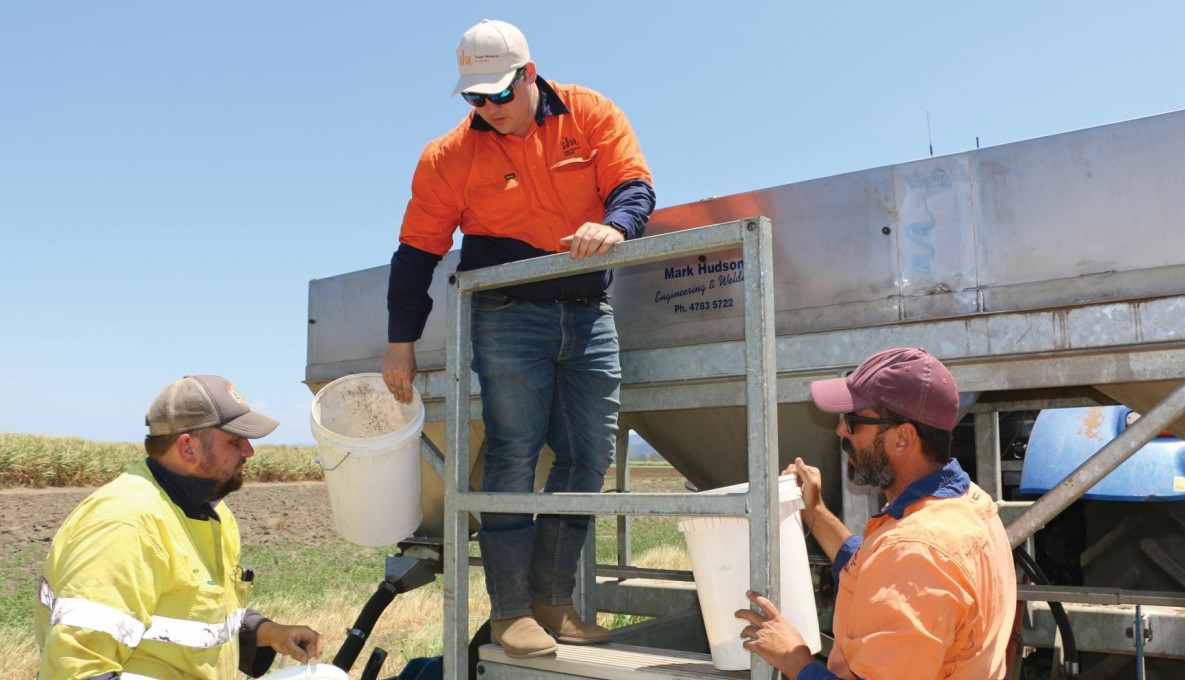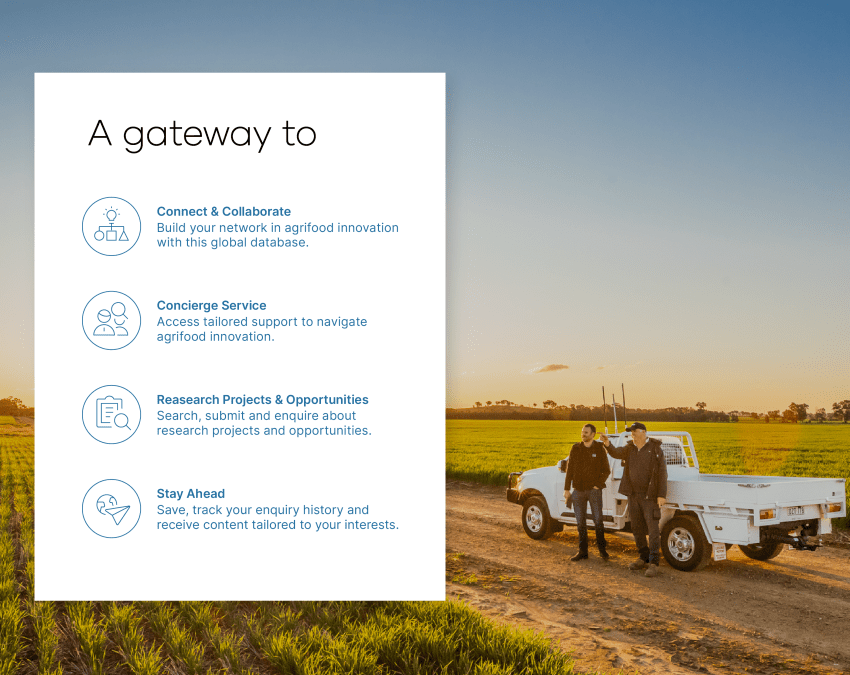Easy as 1, 2 3 …. 4, 5, 6
Sugar Research Australia has worked with local industry in the Rocky Point region to develop sustainable nutrient management guidelines for that area, helping improve profitability and sustainability.
Father and son team Larry and Ben Spann grow sugarcane on about 200 hectares of lease country in the Rocky Point region near Norwell in southeast Queensland.
They see a solid future for the industry to the point where they are developing more country for planting. However, at the same time, they are also acutely aware that the low sugar price means that they must be efficient with their inputs and reduce costs.

Sugar Research Australia has worked with local industry in the Rocky Point region to develop sustainable nutrient management guidelines for that area, helping improve profitability and sustainability.
Father and son team Larry and Ben Spann grow sugarcane on about 200 hectares of lease country in the Rocky Point region near Norwell in southeast Queensland.
They see a solid future for the industry to the point where they are developing more country for planting. However, at the same time, they are also acutely aware that the low sugar price means that they must be efficient with their inputs and reduce costs.
This need to improve efficiency and profitability for the business was a key reason that Ben has worked with fellow Rocky Point grower, Josh Keith, in recent years to drive the development of SIX EASY STEPS guidelines for their region, between Brisbane and the Gold Coast.
SIX EASY STEPS is a research product that has been developed to help sugarcane growers refine and optimise their farm nutrient requirements.
“When you are leasing country, your economics are very tight, so profitability has been a key driver for me when pushing to have SIX EASY STEPS guidelines for the district,” Ben said. “At the same time, as an industry, we are also aware of the need to improve sustainability and reduce our environmental impact. Developing the guidelines was a chance for us to be proactive, and the upside is that we should be able to save money in the process.”
To date, SIX EASY STEPS guidelines are in place for most districts of the Australian cane industry. Now, thanks to the work of Ben and Josh, with support from SRA, the local Rocky Point guidelines are being validated through trials.
This work has occurred through SRA staff Sebastian Garcia-Cuenca, Gavin Rodman, John Panitz, along with Bernard Schroeder from the University of Southern Queensland and Victor Schwenke with the local productivity services.
Related organisations
Ben Spann“We are doing everything we can to get our costs down, while also changing practices to make things more sustainable as well.”
Validation trials have followed extensive soil testing and data collection and will compare the growers’ traditional nutrient rate to the proposed SIX EASY STEPS rate.
These trials, with more in the future, will be a driving factor to help see the local guidelines adopted on the farms in the region in years to come. In Ben’s case, he is already learning more about his soils and nutrient management through his involvement in the process.
“I’ve been doing soil tests for about 10 years, but it has been generally just one or two samples per year. In 2019 I did seven and through this work, I’ve learnt about the diversity of my soils and the need to understand them better,” he said. “I’ve already reduced my costs, and if I can get an increased crop yield, then that will be even better.”
The SIX EASY STEPS team consists of Bernard Schroeder, John Panitz, Gavin Rodman, Barry Salter, Danielle Skocaj, Eric Kok, Alan Hurney, David Calcino, Andrew Wood, and Zofia Ostatek-Boczynski.
Related organisations
-crop-850x675.png)
Looking for engagement?
Showcase your commercialisation opportunity today.
Talk to our team to discuss how growAG. can connect your innovation to industry.
Have questions? Find answers to our most frequently asked questions on research projects, commercial opportunities, organisations and more.
